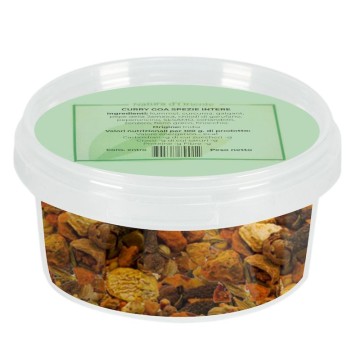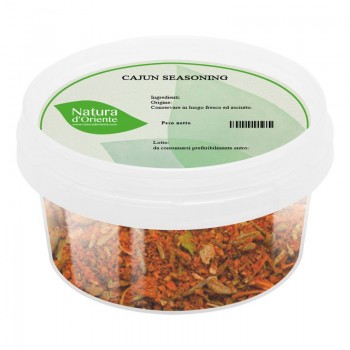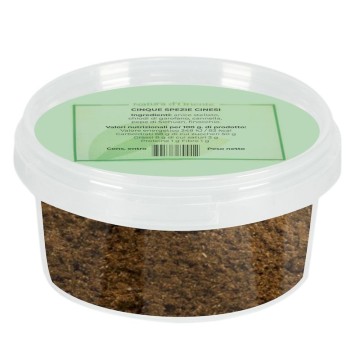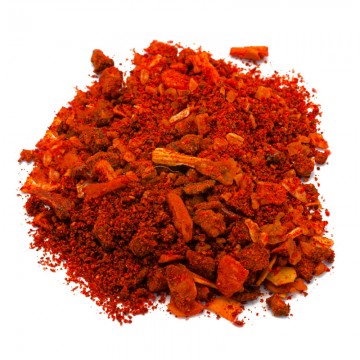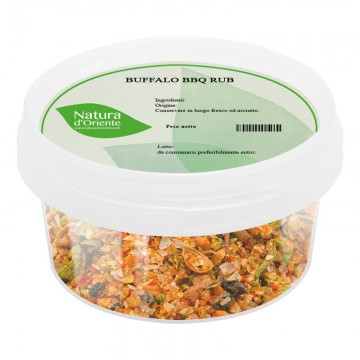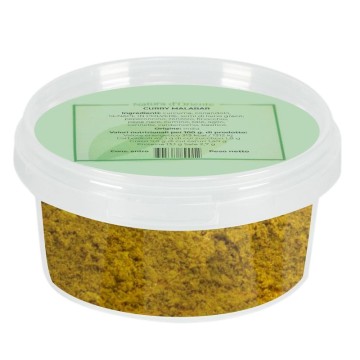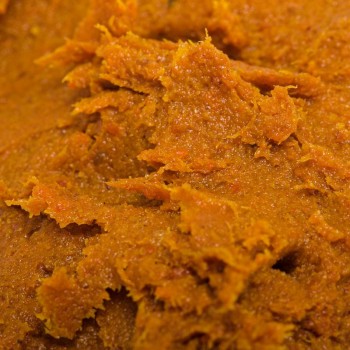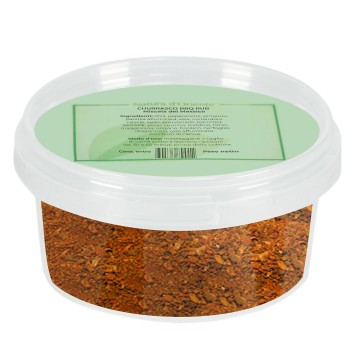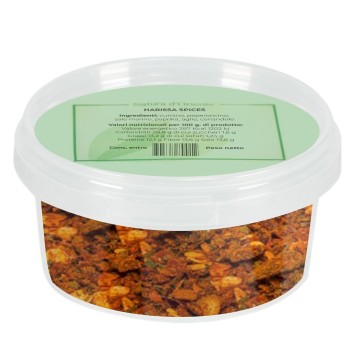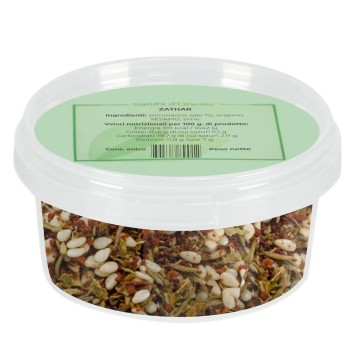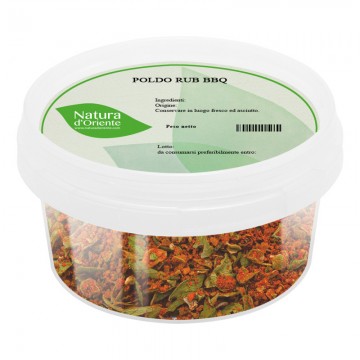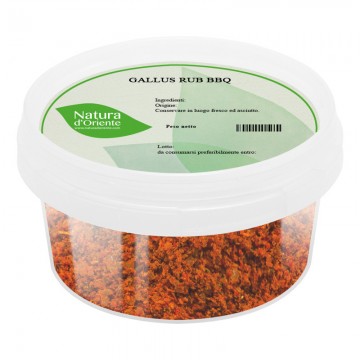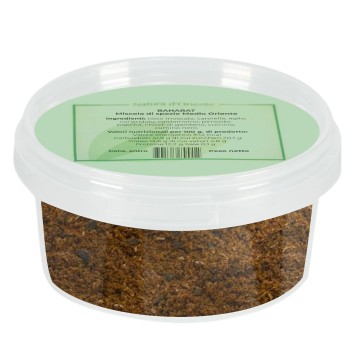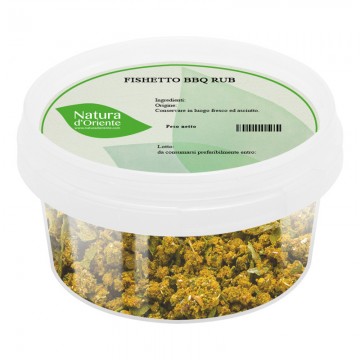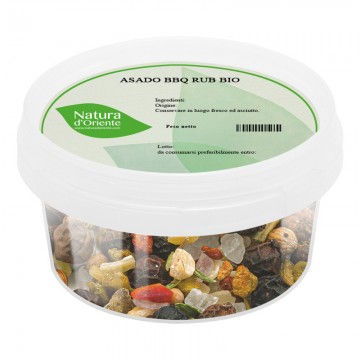The grilled or grilled chicken recipes , compared to other types of meat, are an exquisite variation in the American BBQ tradition and Italian grills. Grilled chicken is versatile in its many recipes, but it is not always easy to find a condiment suitable for its white and not very tender meats, such as Chicken BBQ .
Spice blends or sauces in which to marinate chicken bring flavors suitable for poultry, The perfect blend of herbs and spices can vary, but traditionally displays a balance of pungent flavors such as chilli and paprika (perhaps smoked), and those with more sweet and aromatic notes, such as garlic that balances the salty, and onion. Brown sugar adds a sweet kiss, and is key to creating the crunchy outer crust (bark) in barbecue grilling.
The common ingredients in bbq toppings for chicken , include often also elements that connect sweet and spicy, with exotic touches with cumin, or original and sour like mustard. These dry rub BBQ blends are great on grilled chicken, also adaptable to pork and grilled vegetables, with different uses thanks to the perfect blend of sweet and salty flavor. The seasoning mix for grilled or barbecue chicken works great on all cuts: brisket, thighs, wings, quarter legs; or even a whole chicken.
Chicken breasts are great for marinades and grilled chicken salads, while chicken legs are among the tastiest and juiciest parts, which absorb the Chicken BBQ blends.
The sensation of smoky and spicy flavor improves in chicken with the addition of an excellent rub. Remember that when cooking chicken on the barbecue, which is not easy to do in the right way, this seasoning mixture does not add moisture to the outside of the meat, as does a marinade . Thus, the rapid evaporation process helps, which is essential for starting proper cooking when heat is applied to the proteins.
Another factor to keep in mind is that the skin of the chicken helps retain moisture from the chicken when grilling, so rubs can help to dry out.
How to use the Chicken BBQ blend in the kitchen
The chicken is rubbed with the rub mixture, using fingers and palm of the hand, to make it penetrate the meat. If the chicken you choose has skin, rub the spices under and over the skin. Alternatively, you can add an element such as oil or vinegar, and create a BBQ sauce (wet rub), to be applied on the skin when cooked.
Afterwards, leave it in the refrigerator for at least 30 minutes. Some prefer to keep the chicken with its Chicken BBQ dressing for several hours or overnight. As a rule, if the chicken meat is of high quality, you can apply the rub and put the meat on the grill after half an hour. Care should be taken to use it only when cooking the chicken longer, such as in the barbecue, at a low temperature. Otherwise, with the grill on high heat, the sugar in the mixture will burn and spoil the flavor.
Origins and History of BBQ blends - rub
The meat on the grill is not a barbecue, at least not in the traditional sense, and for this reason it is important to know that the cooking method of the BBQ involves cooking the meat over indirect heat. Usually it is a fire that lasts a long time, sometimes up to 18 hours, and chicken meat as well as pork or beef is flavored with a combination of smoke, fat, spices or added sauces. The origin of the term barbecue dates back to the time when the Spaniards, upon landing in the Caribbean, discovered the natives' method of slowly cooking meat on a sort of grill, probably called barbacoa.
In the nineteenth century, this cooking technique was practiced steadily in the southern states, where pig farms were prevalent, which became the primary meat of the barbecue. A practice that allowed you to cook a lot of food at once, therefore preferred for parties and meetings. The recipes were accompanied by corn bread, and by the sauces and spices that over time spread, even on a regional basis.
The barbecue varies with some main styles: Memphis, Tenn, North Carolina, Kansas City and Texas. Memphis is renowned for its pork and sweet tomato-based sauce. North Carolina smokes whole pork in a vinegar-based sauce. In Kansas City they prefer prime rib cooked with a dry rub, and Texans prefer beef. Barbecue chicken is widespread in all states, being a varietynte compared to these main dishes.
In any case, the barbecue does not require expensive cuts of meat, so it became a staple food for South African Americans, who often paired it with vegetables and potatoes. In the first half of the 20th century, the migration of African Americans from the rural south to the cities of the north brought recipes and places for barbecues. Remember that the barbecue should not be confused with the grill. In the barbecue the slow cooking process is at low temperatures, with the meat being marinated or flavored with dry-rub, then cooked or smoked over the fire. Grilling, on the other hand, is quick and easy with a high flame .
Chicken BBQ: side effects and contraindications
The mixtures with spices and other ingredients for the barbecue, must be taken respecting the recommended doses. In particular, for those suffering from gastrointestinal irritation and ulcers, or irritation of the urinary tract. Spicy BBQ blends, particularly if they are spicy, should be consumed moderately; otherwise they can cause effects such as burning in the palate, heartburn, diarrhea, irritation of the mucous membranes.
In addition, it is necessary to evaluate the individual ingredients of the BBQ mixture, identifying if they are already known for possible allergic reactions. Caution is advised for pregnant and breastfeeding women when taking rub blends for barbecues.

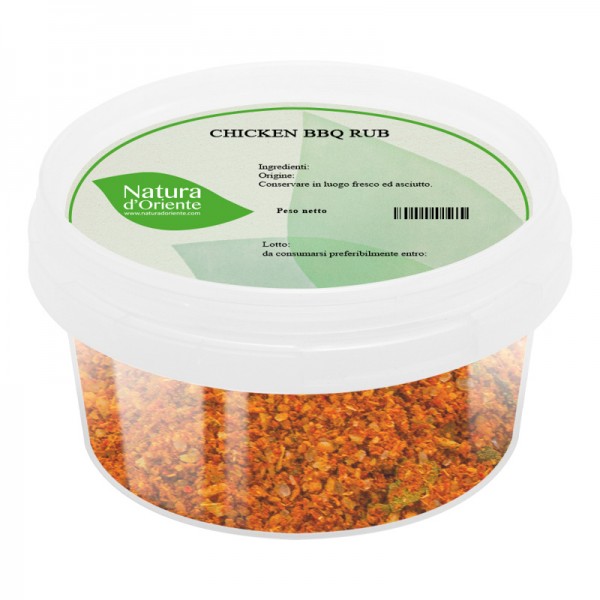





 No reward points for this product.
No reward points for this product.
